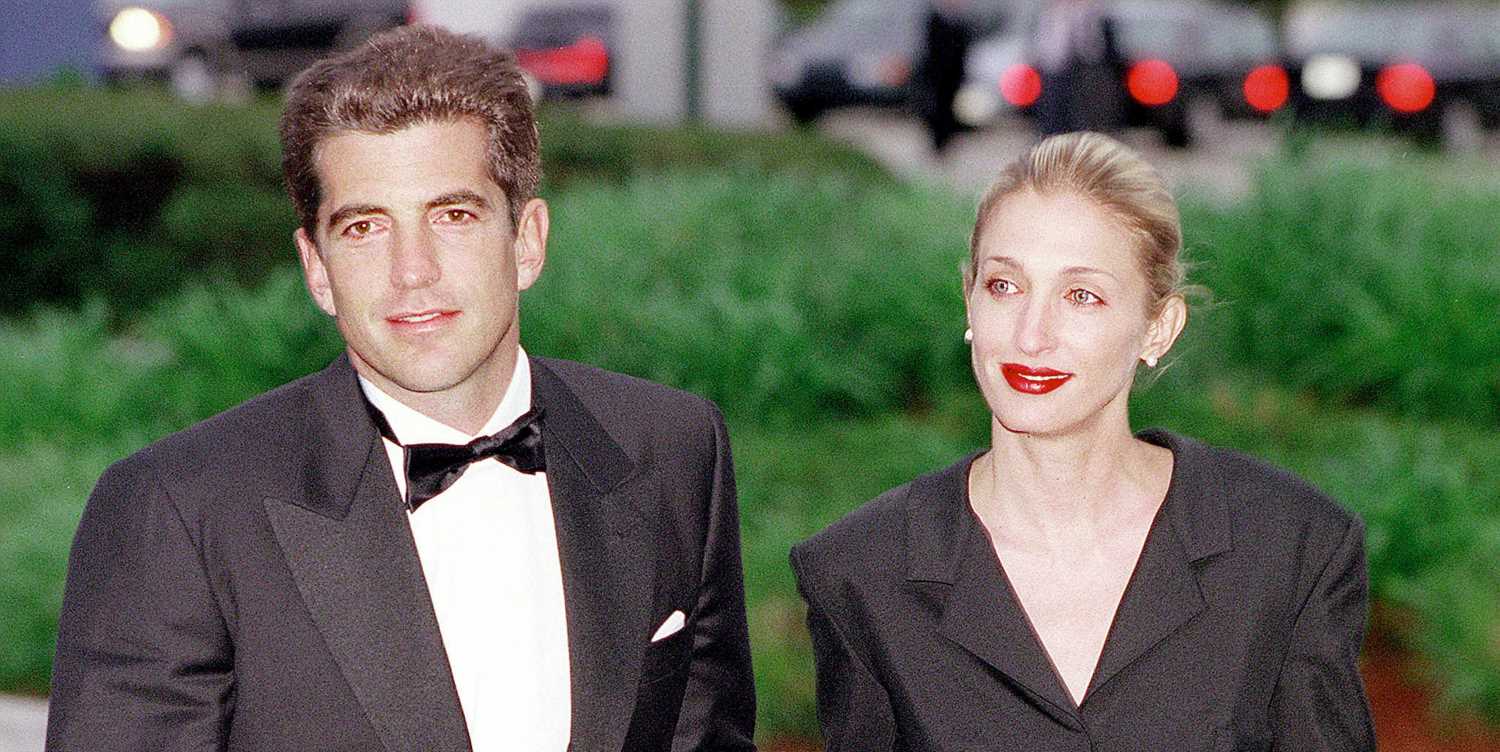It’s been twenty years since John F. Kennedy Jr. died when the tiny plane he was piloting crashed into the Atlantic Ocean off the coast of Martha’s Vineyard on July 16, 1999. Also killed in the crash were his wife, Carolyn Bessette Kennedy, and his sister-in-law, Lauren Bessette. As the anniversary of their deaths draws near, a new biography by historian Steven Gillon sheds new light on the life of America’s “reluctant prince.” An A&E documentary—with appearances from those who knew John best, including Carole Radzwill who was married to his cousin and best friend Anthony—will also premier on July 16.
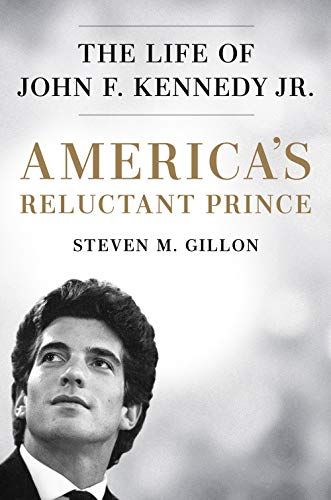
Gillon was actually a close friend of John’s—the two met in the 1980s when Gillon was a teaching assistant at Brown University, where John majored in American studies. The author spoke with T&C about his memories of John, what Jackie Kennedy really thought about the Secret Service, and whether John would have followed in his father’s footsteps.
You knew John from his college days. How well did you know his wife Carolyn?
I met Carolyn twice, one was at this very elegant dinner for George magazine at Federal Hall in New York. I was sitting next to her, I was the fill in at John’s table. As people like Puff Daddy would show up, they were late and I would move from chair to chair because John didn’t want his table to look empty. [laughs] So I was seated next to her for a while.
She was so refined and so elegant, and was just mesmerizing. She looked at you with those eyes and made you feel like you were the only person in the universe.
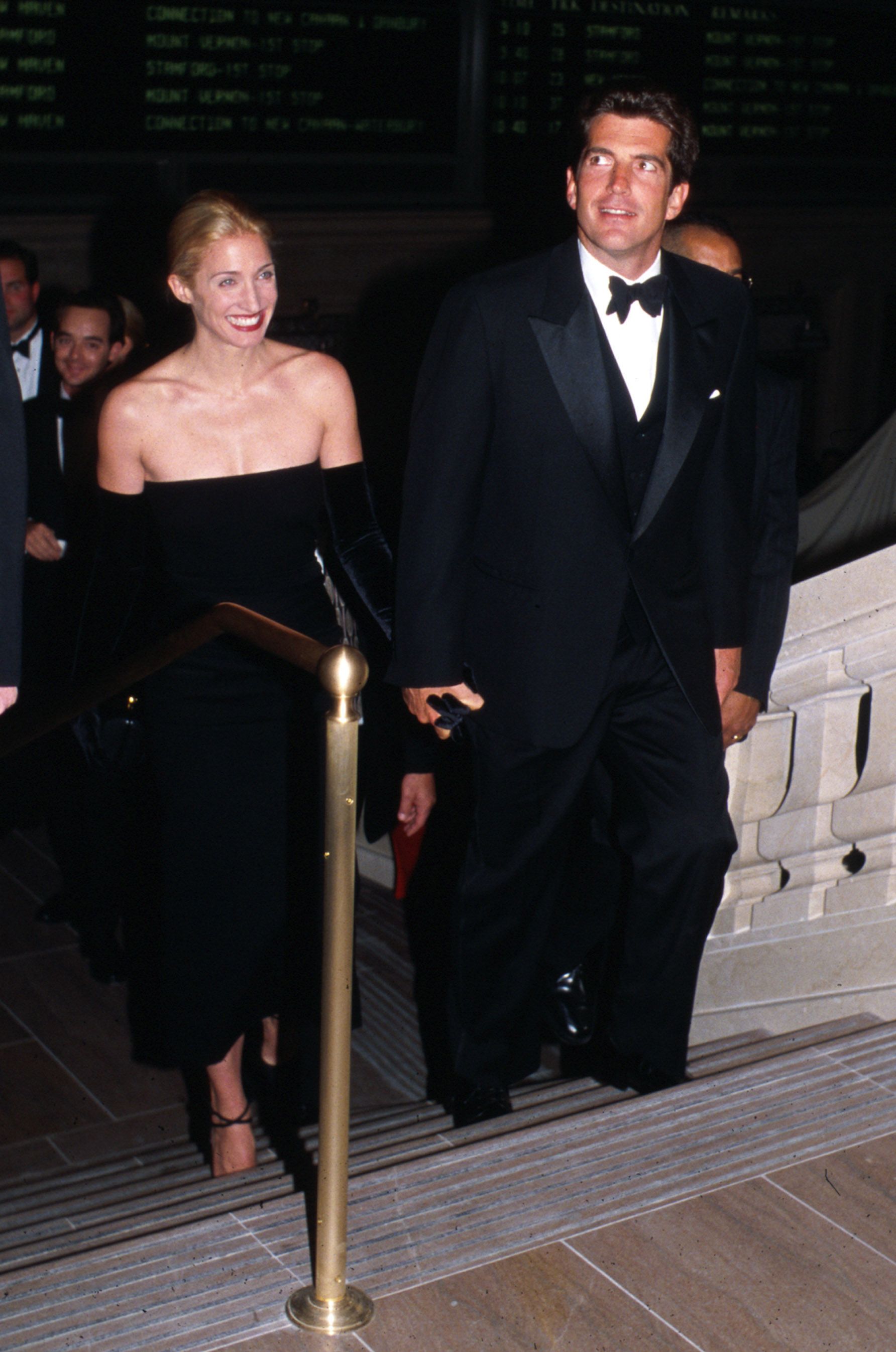
It’s clear they were not prepared for the obsessive paparazzi.
I think neither Carolyn nor John believed that the press would remain interested in him once he got married. John thought they would say “oh he’s a married man, he’s no longer the sexiest man alive or the most eligible bachelor” and that they would just let them be. And just the opposite happened. Carolyn was fragile to begin with, and this became the dominant issue in their relationship.
“I think she never found her identity as John’s wife. She felt captive.”
The paparazzi treated her horribly. Her life was pretty miserable while she was married to John and it wasn’t anything that John did, it was because of who he was and what people expected of him. I think she never found her identity as John’s wife. She went from being this vivacious and energetic person, and now she feels captive.
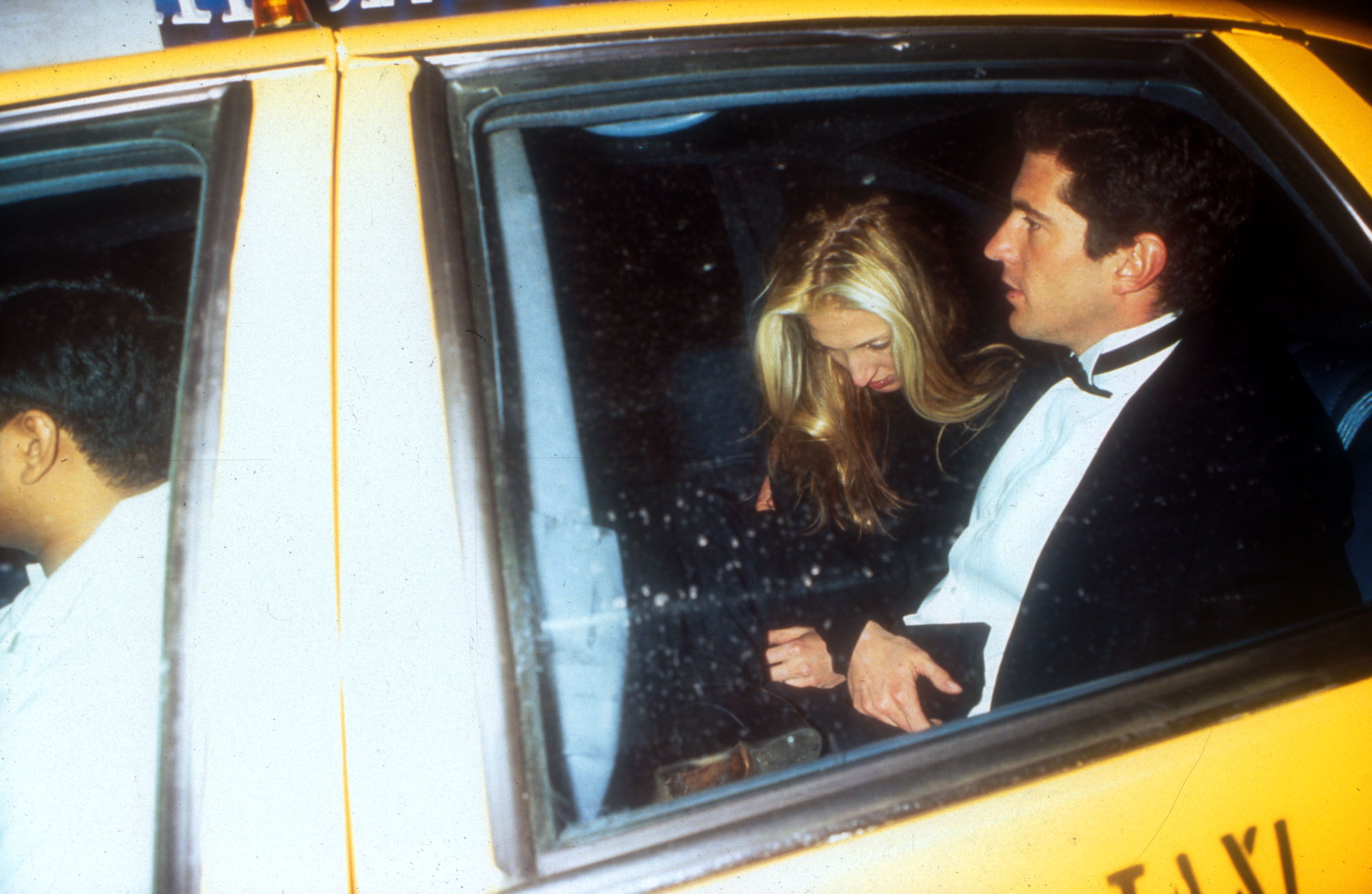
What was their relationship like in the last year of their lives?
Not long after that George dinner, John and I had dinner at the Odeon and he told me about this letter he’d received from Hachette that was really critical of his leadership at George. I was a contributing editor but I wasn’t in the office day in and day out, and he wanted an objective opinion. His apartment on North Moore was just a few blocks from the restaurant so we walked over and went up into the apartment. It was really dark and the curtains were drawn.
Carolyn was sitting in the sofa in an oversized Columbia University sweater. John and I were at the kitchen counter and he showed me the letter, and they were passing a cigarette back and forth while I read it. And then she just exploded on him. She was completely different. I was struck—she wasn’t angry with Hachette for writing this incredibly abusive letter to her husband. She was mad at John for not fighting back. That was her big complaint, that he just let people walk all over him and he didn’t stand up for himself. She felt that many of his friends were using him and she was trying to push many of his friends out of his life.
You found a chilling letter Jackie Kennedy wrote to the Secret Service saying “if anything happens to John, I won’t be as nice to you as I was after Dallas.”
He spent the first 16 years of his life living in a bubble. The Secret Service was required by law to make sure nothing happens to John, but where did their rights end and Jackie’s parental rights begin? I actually sued the Secret Service and they turned over 500 pages of documents that no one has seen before—not only the letters between Jackie and the Secret Service, but also the internal debates among the Secret Service about how to handle her.
“I think John as an adult had a pent up desire for freedom.”
They asked her on a few occasions to give up the protection if she wanted John to grow up like a normal child, but she didn’t want to do that. Every time John left the house there was this movement of people and resources. When he went skiing he had a secret service agent skiing next to him. They had agents at the house, on vacation. So I think John as an adult—being on his bicycle and being able to ride around New York City wherever he went—that was a pent up desire for freedom.
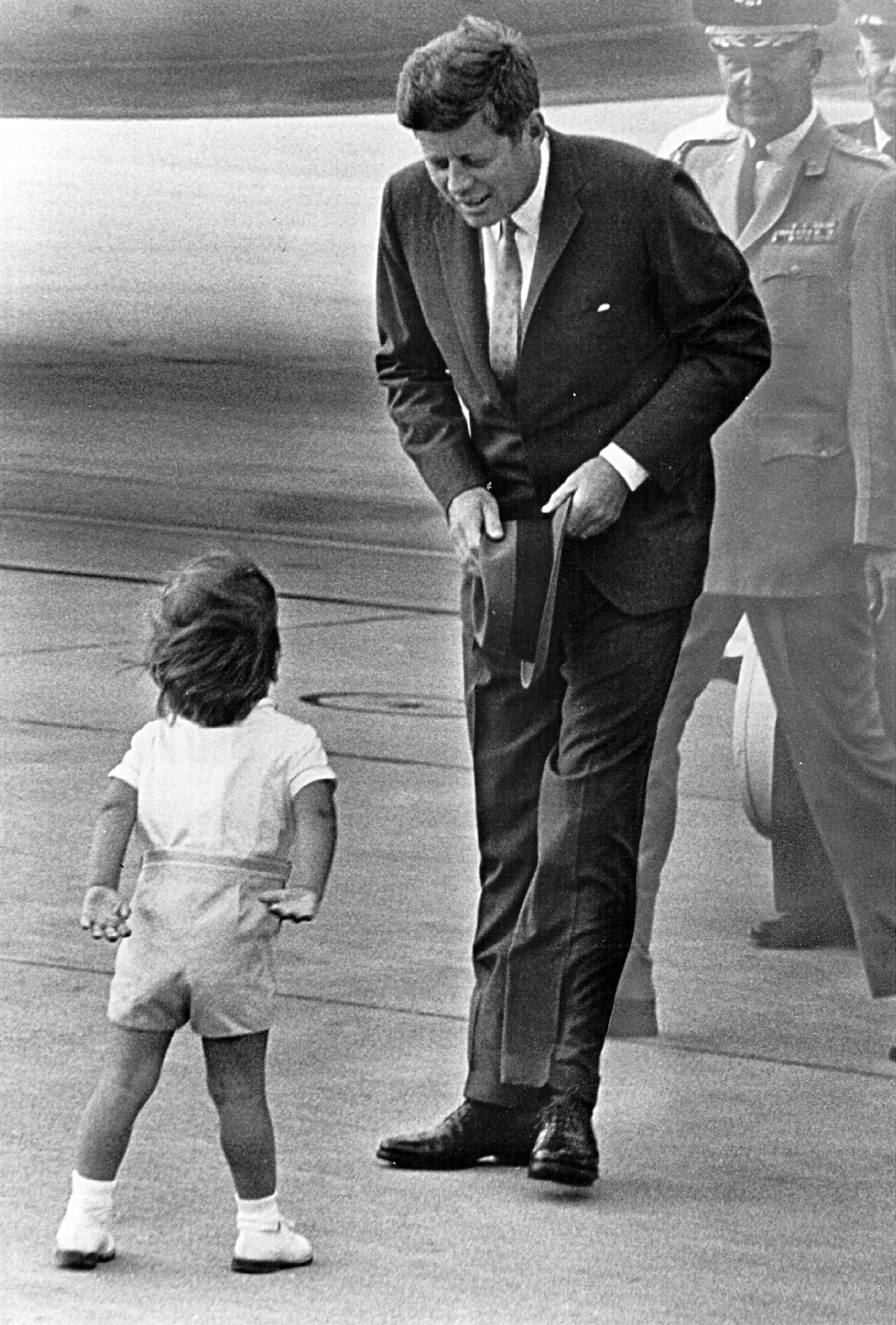
There were always rumors that John would run for office. Did he ever talk about that?
He had this exploratory meeting in March 1999 about whether to run for the Senate so he was definitely thinking about it but George was in a bad state, his marriage was in a bad state. He wasn’t ready. He’s fighting with his sister. His best friend is dying. He had a lot on his plate. But also, he didn’t want to be a legislator—he always saw himself as an executive. Maybe he would run for governor of New York.
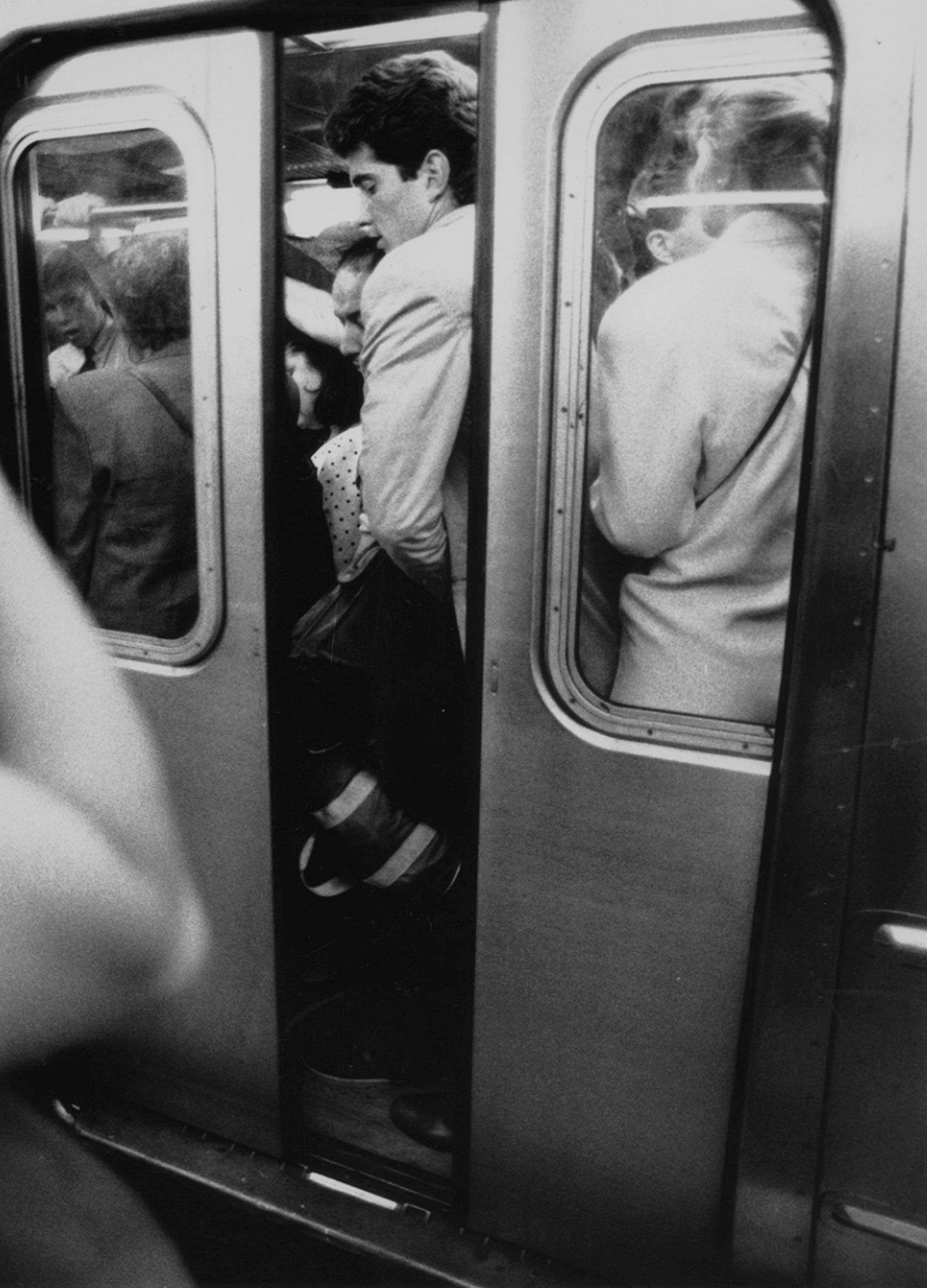
Is that something he actually wanted or he felt was his destiny?
“I think he was finally embracing that politics was in his DNA and he could be good at it.”
My view is he did not want to go into politics because he was a Kennedy. He wanted to do things that no one expected him to do. He wanted to really find out who he was based on his own experiences. When I first met him in the 80s he always referred to his father as “President Kennedy.” Almost as if he’s trying to keep his memory at a distance. Later on in the early 90s he’s referring to him as “my father.” The last time I spoke to him he called him “my daddy.” I think he was finally embracing that politics was in his DNA and he could be good at it.
What do you think he would be doing now?
Everyone asks that, but I want John to be remembered for the life that he lived and not for what he might have become. When you think about John, you don’t have to think about the unfulfilled potential. You can think about the life of dignity that he led.
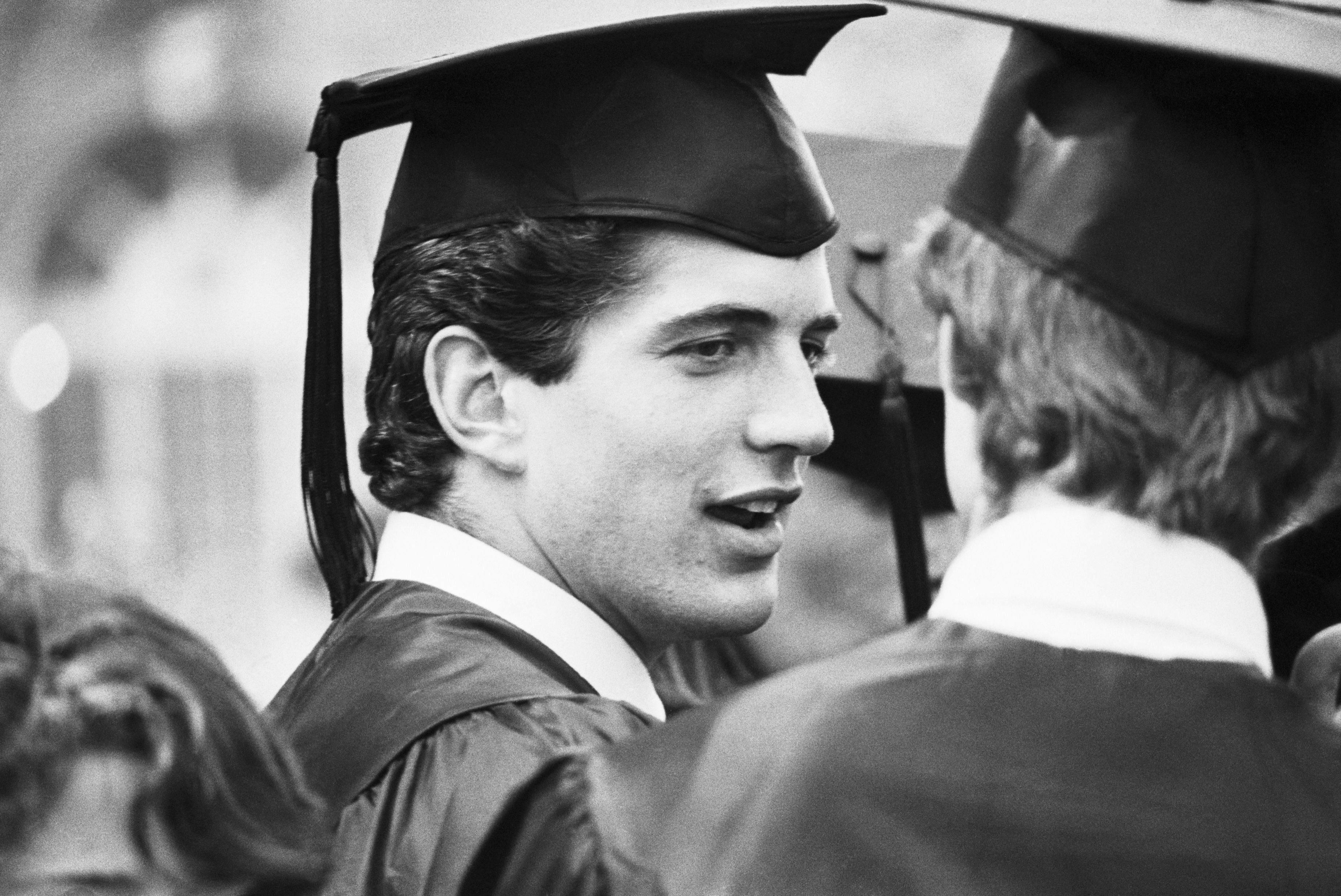
What do you miss most about John?
John was so generous. He helped friends out financially when they were in a jam, but he also was available to them if they needed emotional support or were looking for a job. He knew what clout he had, and he rarely used it for himself, but he would be the first one to use it for other people. The Friday before he died, I went to the doctor because I thought I had ALS. I called a mutual friend and I said “don’t tell anybody.” But he told John and that Friday night I get two phone calls from him but I didn’t want to talk. Then Saturday morning I get a call and it’s John and he’s like “Stevie I hear we have something to talk about.” And he said, “Stevie, I’ll take care of you.” And he repeated it a second time. “Stevie, I’ll take care of you.” That’s who John is.
From: Town & Country US
Source: Read Full Article
